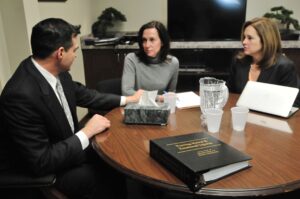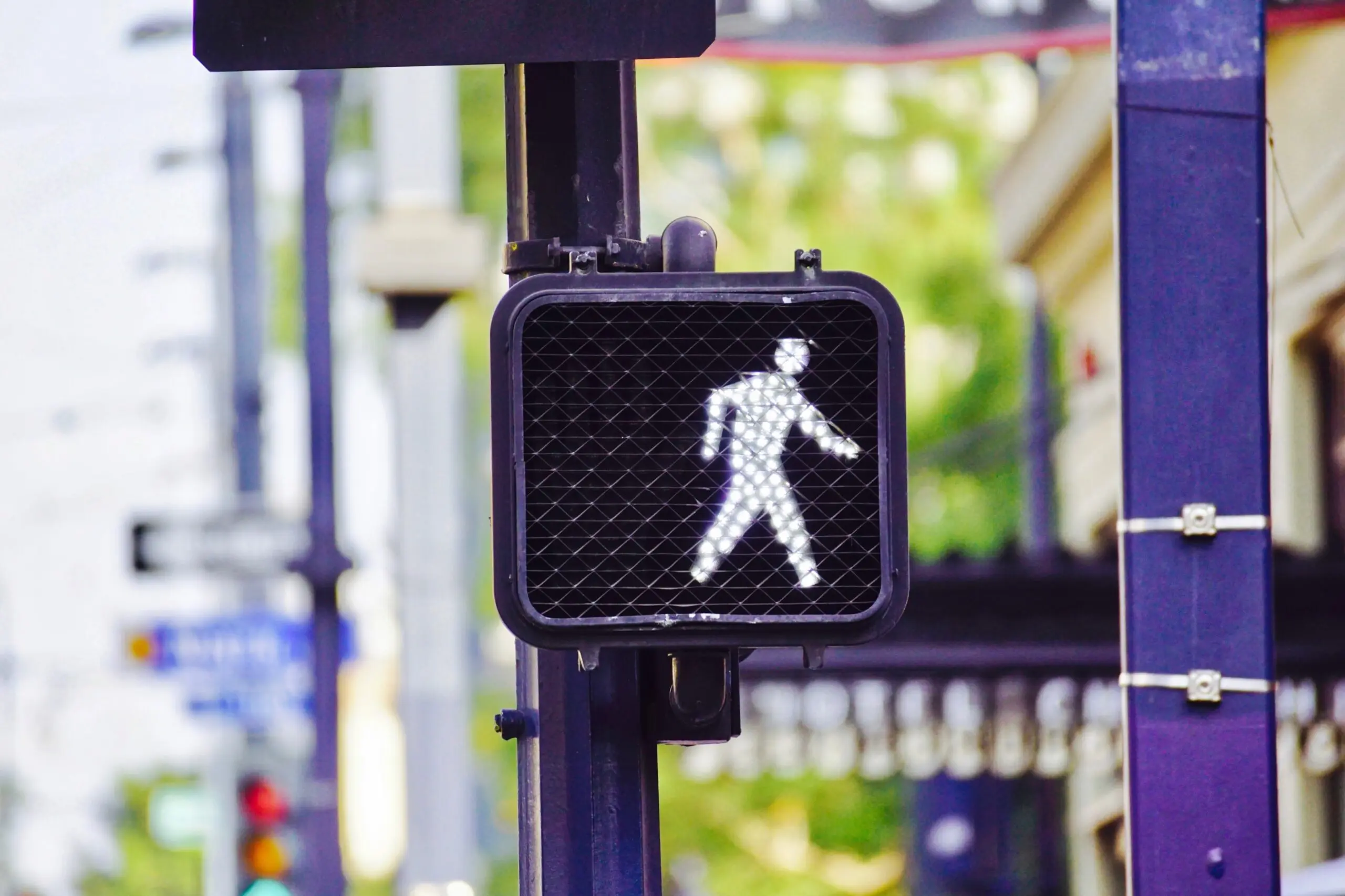What is Reasonable Care?
Reasonable care refers to the expectation of the caution and diligence an ordinary person would exercise to avoid causing harm in similar circumstances. In insurance law, this refers more specifically to the expectation that standard of treatment provided by healthcare professionals or establishments that would be considered adequate by a fair and sensible person.
According to Black’s Law Dictionary, reasonable care is defined as “the degree of care that a prudent and competent person engaged in the same line of business or endeavor would exercise under similar circumstances,” and as such serves as a legal standard used in tort law to assess whether a person’s actions or omissions meet the expected level of care necessary to prevent foreseeable risks of injury or damage.
The concept of reasonable care balances individual rights and societal interests by promoting responsible conduct, preventing injuries, and fostering trust in interpersonal and business relationships. Understanding reasonable care is essential for individuals, businesses, and professionals to mitigate risks, avoid legal disputes, and uphold ethical standards in their interactions and responsibilities.
More information about Reasonable Care
Product Liability Lawyer
Every day, we depend on consumer products to live. We trust that the vehicles we drive, the medications we take, and the toys our children play with are designed, manufactured, and sold with the utmost care. Unfortunately, the products we rely on most are at risk of being dangerous or defective. If you or a loved one were hurt due to a dangerous or defective product, call a product liability lawyer at Munley Law.
For 65 years, Munley Law has represented victims in their most complex personal injury claims. Our experienced product liability lawyers have been named among the Best Lawyers in America, selected to Pennsylvania Super Lawyers, and are board-certified by the National Board of Trial Advocacy. With a track record of securing multi-million dollar settlements and verdicts, working with a personal injury attorney from Munley Law can make all the difference in your product liability lawsuit. […]
Read MoreMore information about Reasonable Care
Wrongful Death Attorneys
No amount of money can compensate for the loss of a loved one. But Munley Law’s wrongful death attorneys help ease the financial burden and bring a sense of closure by pursuing a wrongful death claim. When an accident or act of negligence causes a wrongful death, the liable party should be held accountable.
Munley Law has helped hundreds of families obtain justice. For 65 years, our wrongful death lawyers have fought for families and individuals who have lost a family member due to someone else’s wrongful action. The grief your family is facing is overwhelming, and Munley Law will legally support you throughout your claim. Contact us today for a free consultation to discuss your wrongful death lawsuit.
What Is a Wrongful Death?

When an individual dies because of the negligence or misconduct of another party, a wrongful death action seeks to compensate surviving family members for the losses they are suffering. […]
Read MoreMore information about Reasonable Care
Monroe County, PA – Foggy Weather Blamed For Fatal Car Crash
MONROE COUNTY, PA (March 16, 2025) – Two people had died following a motor vehicle crash in Monroe County on March 15.
According to news reports, The car was hit by an oncoming vehicle when it was making a left turn off State Route 115 South in Tunkhannock Twp. The two passengers had died in the accident. The driver of the vehicle was injured and rushed to the hospital.
Authorities noted that visibility at the time of the accident was poor due to fog.
Police are investigating the accident.
Fatal Car Accidents Caused By Fog in Monroe County, PA
Pennsylvania’s diverse topography and climate create ideal conditions for fog formation throughout the state, particularly in valleys, mountainous regions, and areas near bodies of water. These fog conditions significantly contribute to auto accidents and subsequent personal injury claims across the Commonwealth. […]
Read MoreMore information about Reasonable Care
Lower Merion Personal Injury Lawyer
Personal injuries are, unfortunately, a fact of life, but you don’t need to suffer alone. Finding a personal injury lawyer who understands both local courts and the impact an injury can have on your life is essential—start with the Munley Law team in Lower Merion for clear guidance from day one.
Serving the Main Line for over two decades, we’ve guided hundreds of Lower Merion residents through complex personal injury claims. Many of our clients come to us overwhelmed by medical bills, unable to work, and facing pressure from insurance companies. We handle all of these burdens and more so you can focus on recovery.
Whether you’re dealing with a car accident, slip and fall, or another injury caused by negligence, the Lower Merion personal injury lawyers at Munley Law are available 24/7 to evaluate your case and explain your options clearly, without pressure or legal jargon. […]
Read MoreMore information about Reasonable Care
Norristown Pedestrian Accident Lawyer

If you’ve been injured as a pedestrian in an accident due to someone else’s negligence, a Norristown pedestrian accident lawyer can help protect your rights and fight for the compensation you deserve. Pedestrian accidents can result in severe injuries, overwhelming medical expenses, lost wages, and emotional trauma. You need legal representation that delivers results. Our attorneys combine proven expertise with personal attention, methodically pursuing your rightful compensation while ensuring your needs remain the priority throughout the process..
At Munley Law, our attorneys have a proven track record of successfully handling pedestrian accident claims in Norristown and throughout Pennsylvania. We understand injured pedestrians’ struggles and are committed to providing personalized attention and aggressive representation to every client.
Contact Munley Law today for a free, no-obligation consultation with a skilled Norristown personal injury lawyer. For 65 years, we’ve been helping accident victims in Pennsylvania with their personal injury cases. […]
Read More









